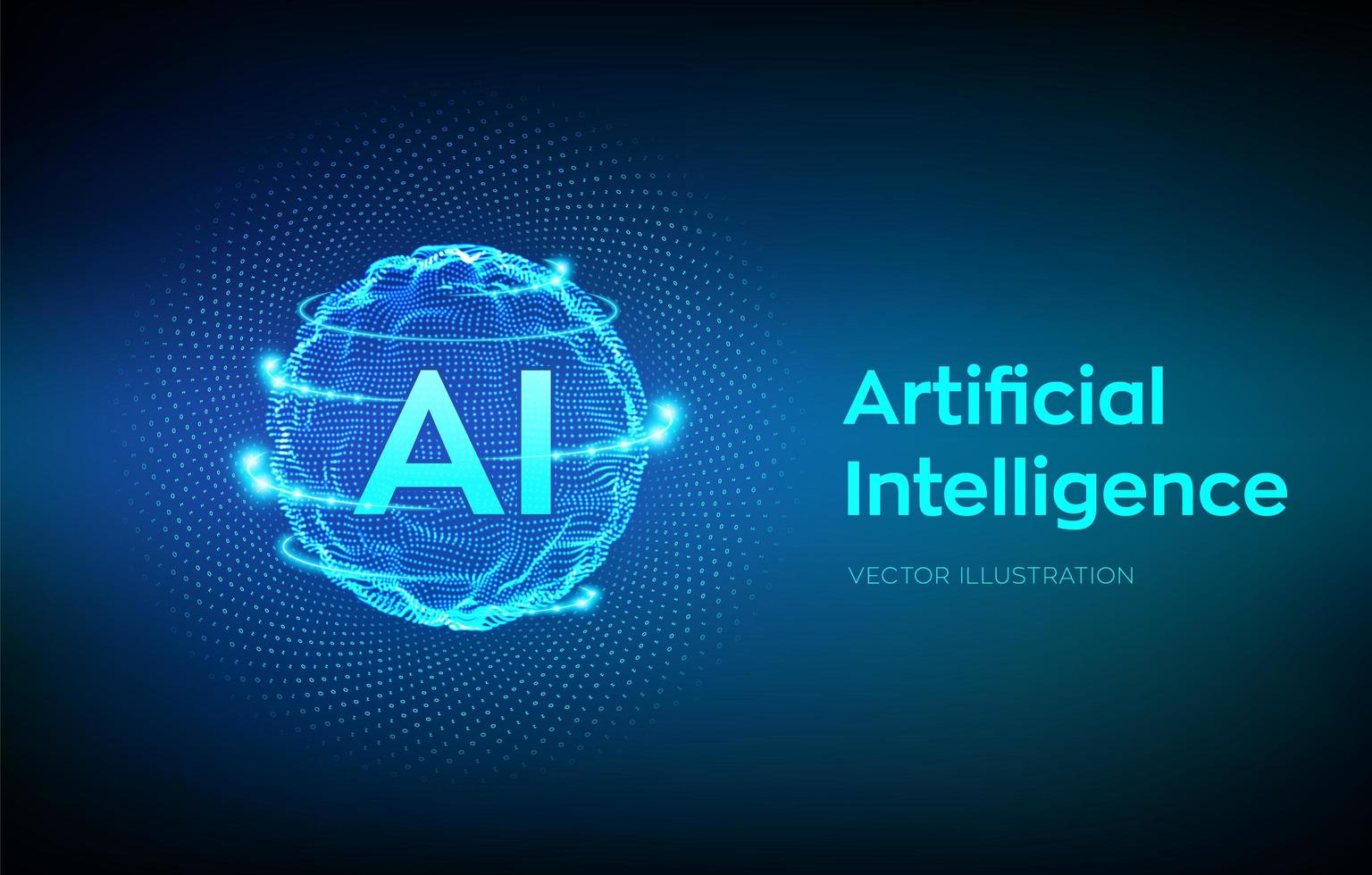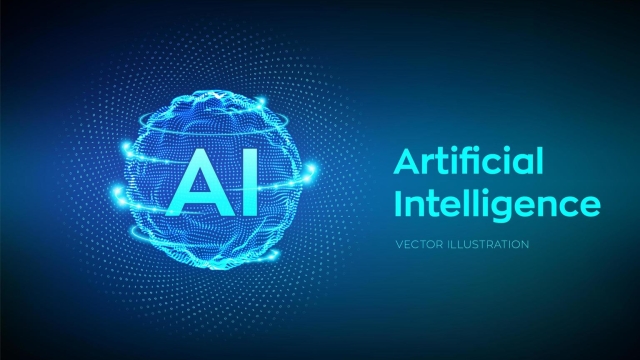
Artificial intelligence has grown to be a fascinating and transformative field that continues to shape our present and undoubtedly our future. From digital assistants like Siri and Alexa to self-driving cars, AI has already become an integral part of our daily lives. The rapid advancements in AI technology have sparked both curiosity and debates about its potential impact on society, economy, and even ethics. As we step into the realm of AI, it becomes increasingly clear that we are at the cusp of a new era where the lines between human intelligence and artificial intelligence are becoming blurred.
Applications of Artificial Intelligence
AI is revolutionizing various industries by offering innovative solutions that were once thought to be purely science fiction. In the healthcare sector, artificial intelligence is being utilized for diagnostics, treatment recommendations, and personalized medicine. By analyzing vast amounts of data and identifying patterns, AI can assist healthcare professionals in making more accurate and timely decisions, ultimately improving patient outcomes.
Another area where artificial intelligence is making significant strides is in the realm of autonomous vehicles. Through machine learning algorithms and sensory data, self-driving cars are becoming a reality, promising safer and more efficient transportation systems. AI enables these vehicles to perceive their surroundings, predict potential obstacles, and make split-second decisions, leading to a future where accidents are greatly reduced, and traffic congestion is minimized.
Artificial intelligence is also reshaping the retail industry, particularly in the realm of personalized shopping experiences. E-commerce platforms leverage AI algorithms to analyze consumer behavior, preferences, and browsing history to offer tailored product recommendations. Recommendation engines powered by AI not only enhance customer satisfaction but also drive sales by presenting users with items that align with their interests and needs.
Challenges in the Field
Artificial intelligence faces numerous challenges as it progresses towards the future. One of the primary concerns is the ethical implications of AI systems making autonomous decisions. Maintaining accountability and transparency in AI decision-making processes is crucial to prevent unintended consequences.
Another key challenge is the issue of bias in AI algorithms. Without careful oversight and diverse input during the development phase, AI systems can perpetuate and even exacerbate existing biases present in the data they are trained on. This can lead to unfair outcomes and discrimination in various applications of AI technology.
Furthermore, the rapid pace of advancements in AI poses a challenge in terms of regulation and governance. Keeping up with the ever-evolving capabilities of AI requires policymakers and regulators to adapt quickly to ensure that AI technologies are used responsibly and in line with ethical standards.
Future Innovations
One of the most exciting prospects in the evolution of artificial intelligence is the development of AI that can truly understand and interpret human emotions. Imagine a world where AI systems can empathize with us, anticipate our needs, and provide emotional support when required.
Ai Search
Another intriguing future innovation lies in the realm of AI creativity. We are on the cusp of witnessing AI-driven art, music, and literature that can rival, and perhaps even surpass, human creations. The fusion of analytical algorithms and creative inspiration is set to revolutionize various industries including entertainment, design, and marketing.
Furthermore, the integration of AI with other cutting-edge technologies such as augmented reality (AR) and virtual reality (VR) holds immense promise. This synergy could lead to immersive personalized experiences, seamless automation of tasks, and enhanced decision-making capabilities across different domains. The future of artificial intelligence is undeniably bright as we continue to push the boundaries of what is possible in the digital age.
